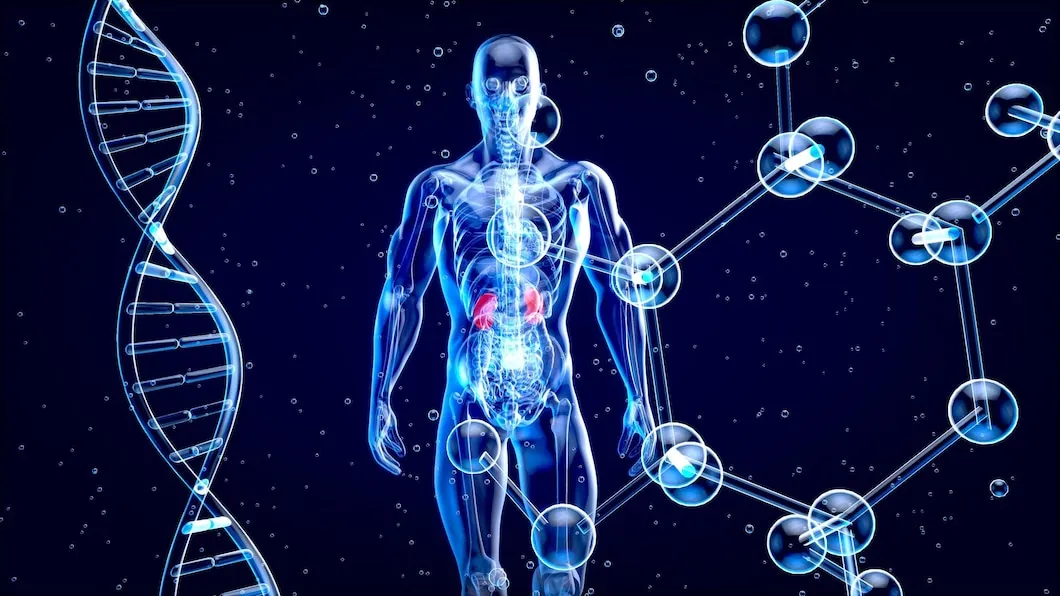
For too long, chronic pain management has felt like a cycle of temporary fixes. Whether it's a steady diet of painkillers, repeated steroid injections, or the daunting prospect of surgery, traditional treatments often focus on masking symptoms rather than addressing the root cause of the problem. But a new era of medicine is changing this narrative. Regenerative medicine is a revolutionary field that is redefining how we approach chronic pain by harnessing the body's natural ability to heal itself.

At its core, regenerative medicine is about repair and renewal. It is a branch of medicine that focuses on developing and applying treatments to replace, engineer, or regenerate human cells, tissues, or organs to restore normal function. In the context of pain management, this means moving beyond simple symptom relief to actually healing the damaged tissues that are causing the pain in the first place.
Instead of relying on synthetic drugs or invasive procedures, these therapies use a patient's own biological materials—like blood, bone marrow, or fat—to stimulate the body's own reparative processes. The goal is to not only alleviate pain but to improve function and quality of life for the long term.
Two of the most well-known and widely used regenerative therapies for chronic pain are Platelet-Rich Plasma (PRP) therapy and stem cell therapy.
The contrast between regenerative and traditional approaches is stark. Traditional methods often provide temporary relief, but with potential side effects. Painkillers, while effective in the short term, carry risks of dependency and can have long-term impacts on organs. Steroid injections can reduce inflammation but may weaken tissue over time. Surgery, while necessary in some cases, involves significant downtime, risks, and a long recovery.
Regenerative medicine offers a different path:
Regenerative medicine is not a one-size-fits-all solution, and it may not be appropriate for every condition. However, for millions of people living with chronic pain, it represents a new and hopeful frontier. By empowering the body to heal itself, regenerative medicine is moving the field of pain management from symptom control to true, lasting restoration. It is a bold step beyond the needle, ushering in an era where the future of medicine is rooted in our own natural healing potential.
Regenerative medicine procedures are minimally invasive and typically involve injections. While there may be some temporary discomfort, most patients experience minimal pain, often less than what is associated with traditional surgery.
Unlike quick-acting painkillers, regenerative therapies stimulate a natural healing process. This takes time, and improvements are often gradual. Patients may begin to notice a difference within a few weeks, with full results typically becoming apparent over two to six months.
Many regenerative medicine treatments, particularly PRP and stem cell therapies, are not yet routinely covered by major insurance providers. Patients often pay for these procedures out-of-pocket, though some clinics offer payment plans. It's always best to check with your insurance provider and the clinic beforehand.
Because these therapies use your body's own cells, the risk of allergic reactions or rejection is extremely low. The most common side effects are temporary and localized, such as minor pain, swelling, or bruising at the injection site.
Regenerative medicine is most effective for chronic pain related to musculoskeletal conditions like arthritis, tendonitis, ligament injuries, and joint pain. The best way to determine if you are a candidate is to have a consultation with a qualified medical professional who specializes in these treatments.
Ready to explore a new path to lasting pain relief? Learn more about how our innovative, non-surgical regenerative medicine treatments can help you. Visit our website to read more about our services and see patient success stories. For a personalized consultation, please call us today at (972) 865-4454 to schedule an appointment. Our team is here to help you get back to a life free of chronic pain.